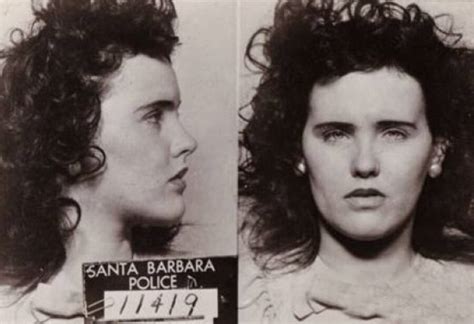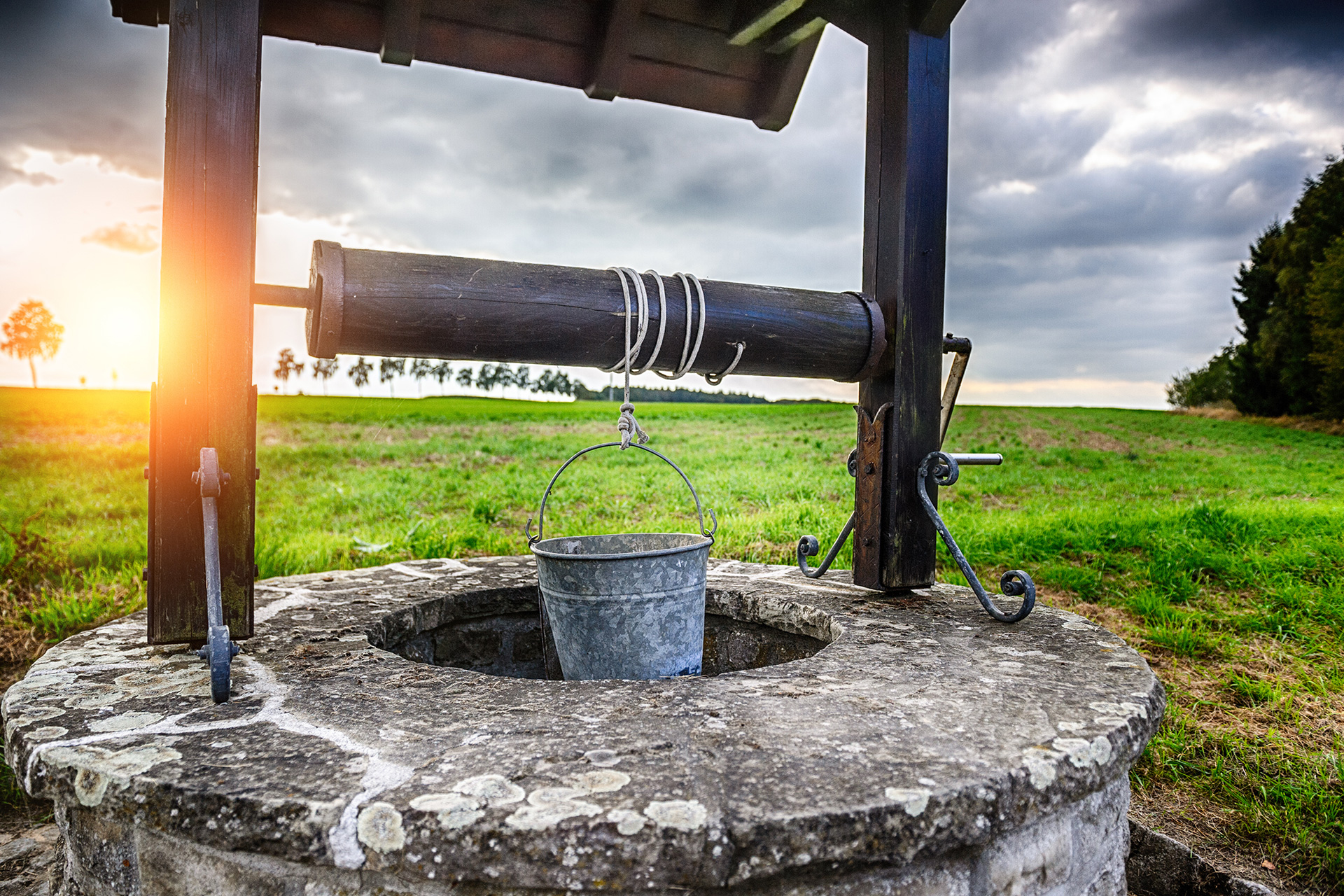The world of poetry is a vast and wondrous place, filled with a diverse array of voices, styles, and themes. For those who are looking to explore this world, either as a seasoned reader or a newcomer, there are several popular poetry books that can serve as a great starting point. These books have not only garnered critical acclaim but have also resonated with readers from all walks of life, offering insights into the human condition, love, loss, identity, and the complexities of our modern world.
Introduction to Poetry
For those who are new to poetry, starting with collections that are considered classics or highly accessible can be a great way to develop a taste for the art form. “Leaves of Grass” by Walt Whitman is a foundational work of American poetry, celebrated for its free verse style and celebration of the human body and experience. “The Waste Land” by T.S. Eliot, though more challenging due to its modernist style and plethora of references, is another crucial work that explores disillusionment and spiritual decay in the aftermath of World War I.
Contemporary Voices
Contemporary poetry offers a wide range of styles and themes, often reflecting the current social, political, and personal landscapes. “Milk and Filth” by Carmen Giménez Smith explores themes of identity, family, and social justice with powerful and evocative language. “Citizen: An American Lyric” by Claudia Rankine is a genre-bending work that combines poetry, essays, and images to examine racism and black life in America, offering a profound exploration of what it means to be a citizen.
Personal and Emotional Journeys
Many popular poetry books are known for their deep and personal explorations of the human experience, delving into topics such as love, grief, and self-discovery. “The Sun and Her Flowers” by Rupi Kaur is a captivating collection that explores themes of love, loss, trauma, healing, and femininity, written in accessible and emotionally charged language. “Wild Embers” by Nikita Gill offers a powerful exploration of love, trauma, and healing, with poems that explore the complexities of human relationships and the strength of the human spirit.
Historical and Cultural Significance
Poetry has long been a medium through which societal changes, cultural values, and historical events are reflected and critiqued. “The Collected Works of Langston Hughes” is a seminal collection that reflects the African American experience during the Harlem Renaissance, offering insights into racism, identity, and the struggle for equality. “The Poetry of Pablo Neruda” showcases the work of the Chilean poet and politician, known for his passionate and expressive odes to love, nature, and politics, providing a window into the soul of Latin America.
Emerging Voices
The world of poetry is continually evolving, with new voices and perspectives emerging that challenge, inspire, and expand our understanding of the world. “Home Body” by Rupi Kaur is a recent collection that explores themes of love, identity, and the search for home, both physically and within oneself. “Homie” by Danez Smith is a dynamic and heart-wrenching collection that delves into queerness, love, and the Black experience, offering a glimpse into the complexities of modern identity.
Conclusion
Diving into the world of poetry can be a deeply rewarding experience, offering readers a chance to explore a wide range of human experiences, emotions, and ideas. From classic works that have shaped the literary canon to contemporary voices that are reshaping our understanding of the world, there is a poetry book out there for everyone. Whether you’re a seasoned reader of poetry or just starting your journey, the key is to find the voices and themes that resonate with you, and to allow the words to transport you to new places of understanding and empathy.
What makes a poetry book popular?
+A poetry book can become popular due to its ability to resonate with readers, its unique perspective or style, and its relevance to contemporary issues or timeless themes. Word of mouth, critical acclaim, and the author’s reputation also play significant roles.
How do I start reading poetry if I’m new to it?
+Starting with accessible and celebrated works can be a great way to begin. Look for collections that are known for their clarity and powerful themes. You might also consider reading poetry aloud to yourself or with others, as this can enhance the experience and understanding of the poems.
What role does poetry play in reflecting and shaping culture?
+Poetry has long served as a mirror and a catalyst for cultural change. It reflects the experiences, hopes, and challenges of its time, giving voice to marginalized communities and exploring the human condition. Through its ability to inspire, critique, and connect, poetry plays a significant role in shaping cultural values and advancing social justice.



